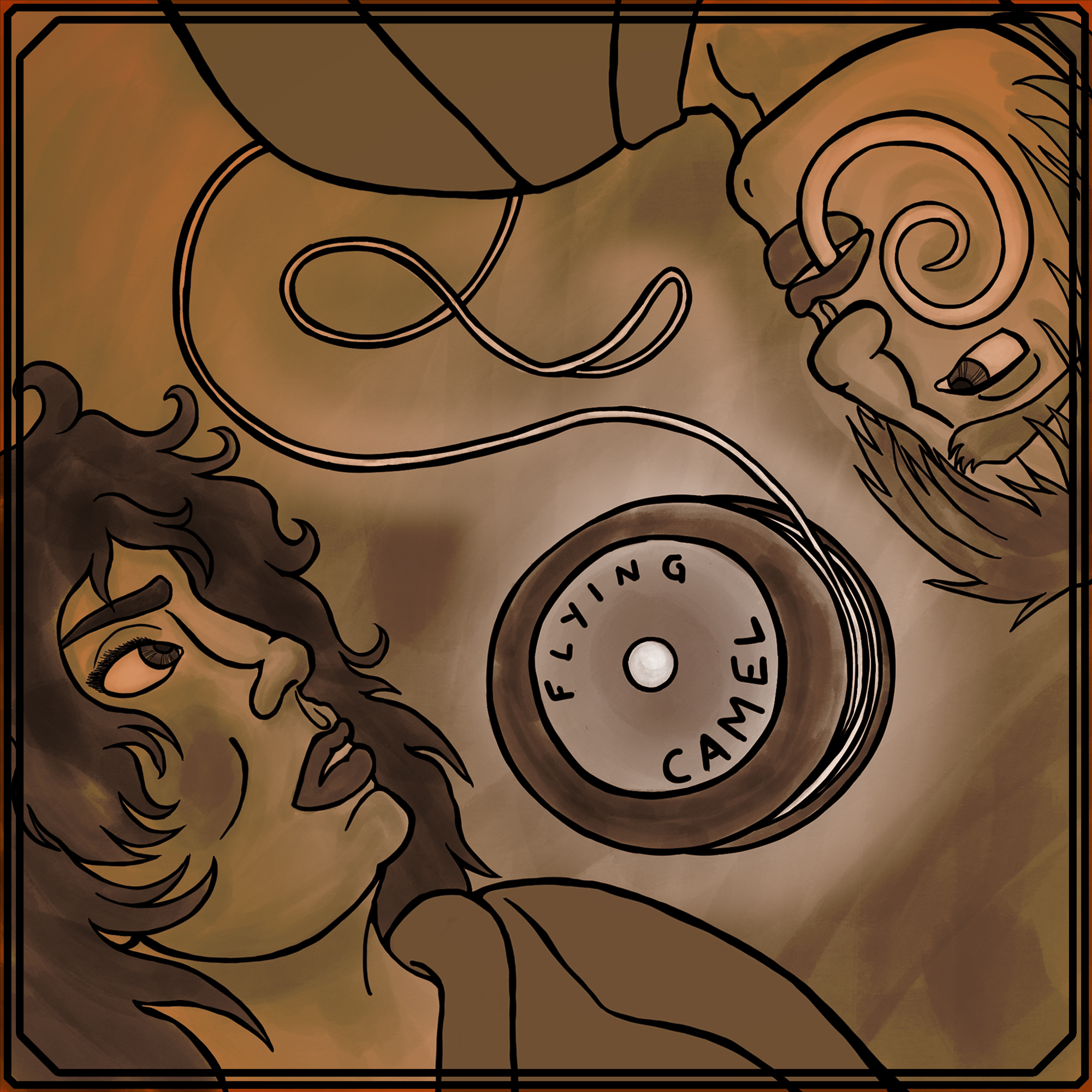Editorial: The problem of organizational inertia
/In February 2013, Charles Stross wrote a blog post called Political failure modes and the beige dictatorship. In it, he described a problem with systems of power in the 21st century. Extremely simplified, it went like this:
- Organizations will always out-compete individuals in pursuing control of a large system
- Systems within an organization for choosing representatives and actions will trend towards those that preserve or expand the organization, even when that goal contradicts the stated goals of the organization
- Therefore, over time systems will trend towards all supporting a closely similar set of behaviors and values that optimize for organizational survival, and organizations that ideologically set out to resist that will either change to conform or disintegrate
Stross lays it out in much more careful, intelligible detail, so I recommend checking that post out.
I think about that blog post a lot, and I’ve been thinking about it for a couple years now. I tried to wrap my head around that problem, wondering if a reform movement could possibly achieve humanitarian goals, and if so, how they could organize in order to be effective.
I think there are some good examples of this. I think Occupy Wall Street accomplished a lot, totally reshaping the dialogue surrounding distribution of wealth in the United States, and having made its mark, disintegrating rather than being nudged toward Stross’s beige.
And I think solarpunk has this capacity: being flexible, being genre and aesthetic and politics and movement, refusing to take on any official “definitive” version of the concept – we have our goals in mind, and as a community nothing’s stopping us from melting away from one misguided process and re-congregating around more nuanced, effective ideas.
Now, though, I’m the editor of a publication. We have much more concrete processes that we’re tied to, we have structural commitments. Faith and I have an extreme amount of control over the organization, but we’re navigating the “beige” problem from a whole new angle.
And I feel it, leaning into my decisions. The biggest one I’ve noticed so far: We’re not going to run SPP as a charitable organization, because under US law a 501(c)3 corporation, the status we’d need to have, can’t have political opinions; the alternative is to just be a political campaign, and we’re not that.
Faith and I both have bad nights sometimes when we lose sleep worrying that somebody’s going to point out some critical flaw in solarpunk that’s beyond our ability to accept, address, and continue, improved from the experience. It would mean the morally right thing to do would be to shut down Solarpunk Press, a project to which we’ve devoted time, energy, passion and love.
That hasn’t happened, as far as we’re concerned, and since we both know we have this material bias we’re a bit hyper-self-critical when it comes to the ethics of solarpunk. (I think the biggest problem area right now is the inclusion of people of color, especially Black writers and activists, and finding a comfortable relationship between solarpunk and Afrofuturism.)
We hope that any issues with solarpunk will be on the scale that allow the movement to accept criticism and change in response, and we believe that will continue to be the case. We aren’t ready for the alternative, because there’s really no way to be ready for that. But we’re conscious of it, and we’ll keep doing this only as long as we believe it’s a right thing to do.
We sincerely hope y’all will call us out if we’re screwing up.

